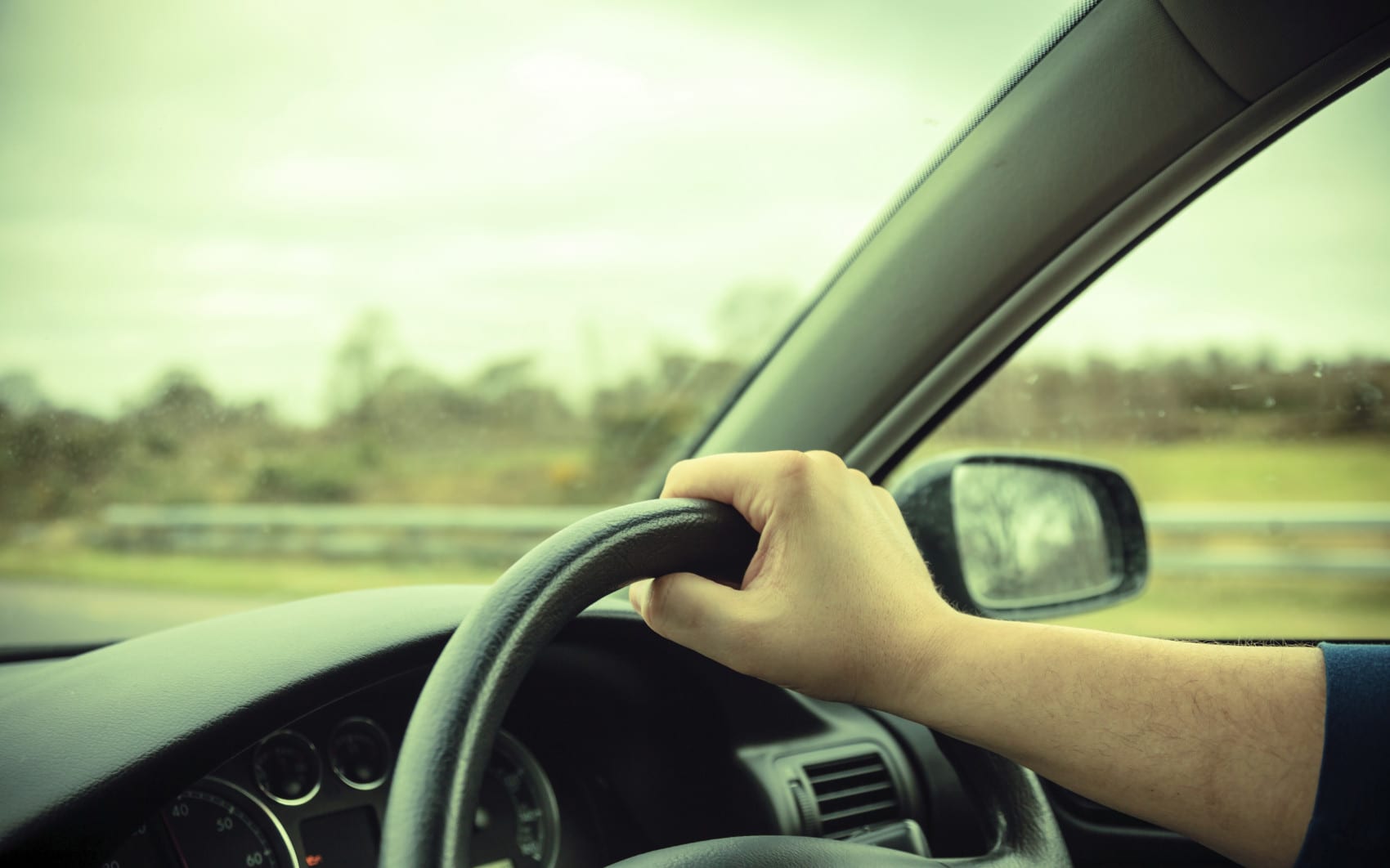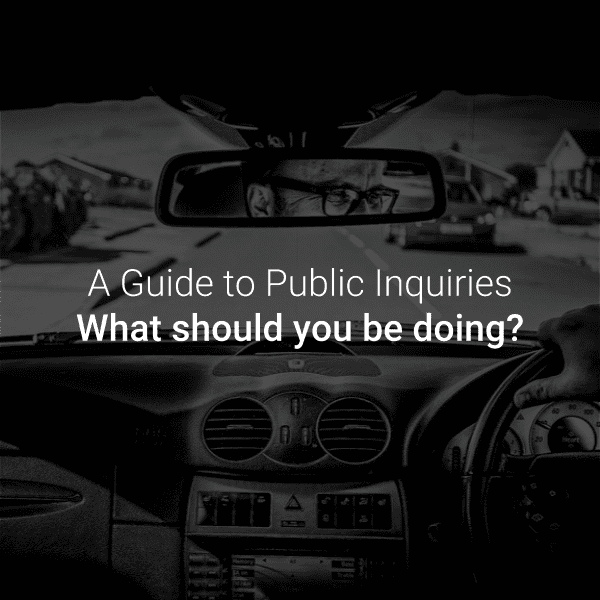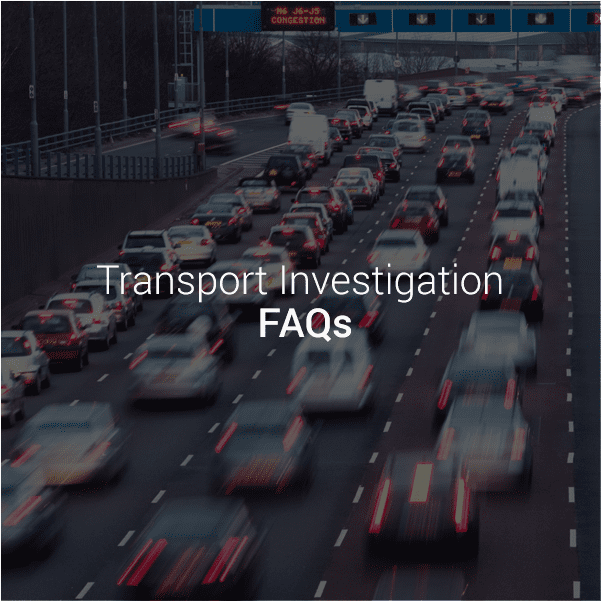Taking your car on holiday abroad
As the holiday season fast approaches, many of us will be thinking about taking our car on holiday – whether it be to Europe, Scandinavia or perhaps driving even further afield. Every year, many British motorists fall foul of local laws simply by not having packed the right kit when they leave. On the spot fines can be an expensive introduction to just how different driving in other countries can be!
Introduction
Whatever we may think of the driving laws in this country, they are in many respects far less onerous than those to be found in many European countries and assuming that you will be treated leniently because you are on holiday, or because you do not know the language, is not a safe bet.
Different countries have different rules – not only as to the which side of the road you drive on or how fast you can go, but also as to how much you can drink, who can drive and even what you need to carry with you in your car and what you need to do in the event of a breakdown, accident or other incident. Ignoring these rules could mean that you visit parts of the country you had not planned in your itinerary – namely the inside of a police station.
Here we look briefly at some of the rules and regulations about which you need to be aware.
Before you leave
If you do not drive abroad on a regular basis then it is definitely worthwhile checking before you go that you have complied with all of the requirements that you need to observe in the country that you are visiting. Countries differ as to what you can and cannot do, what insurance and documentation that you must carry and even what you must have in your car by way of equipment. Bear in mind that if you plan to cross from one country to another you may need to comply with different regulations during the course of your holiday.
Which side of the road
It may seem obvious, but whether you are taking your own car or hiring one at the other end, check which side of the road they drive on and make sure that you are comfortable either driving on the opposite side or driving a car with the steering wheel on the other side.
Speed limits
Make sure you find out the speed limits for different roads in the countries you are visiting. Don’t just think about the upper speed limit, find out what it is in built up areas, on non-motorway dual carriageways, in the countryside on minor roads and particularly in front of schools where speed limits often apply 24 hours a day and 7 days a week – whether the school is open or not. Remember that there may not always be signs telling you how fast you can drive. Remember also that some countries have different rules as to the speed you can travel when it is wet.
Your licence
Check that the license which you are using is valid for the type of vehicle you are driving in that particular country. In particular, remember that a provisional licences is only a document issued in this country in connection with driver training and does not entitle you to drive a car in another country.
Your age
Make sure that you are old enough to drive in the country you are visiting. Although you can currently hold a driving licence in this country at the age of 17, this would not, for example, entitle you to drive in many European countries such as France where the minimum age is 18.
In some countries there may even be a minimum period of time since passing your test before you can drive without a qualified driver with you. Remember also that in many countries you will not be able to drive a hire car if you are under 21 or even in some cases 25.
Who can travel in which seat
Many countries have strict rules as to which seat young people can use when travelling in a car.
For example, in France children under 10 can only use the front seats if there are no rear seats, if those seats are already taken by children under 10, or if the car is not fitted with rear seat belts. In no circumstances can a child travel in the front seats if they have their back to the front of the car and a passenger airbag is activated and they must only use approved child seats suitable to a child of their size.
Seat belts
Many European countries make it compulsory for seat belts to be used in the front and rear of a car – and for belts used by children to be correctly adapted or used in conjunction with an appropriate child seat.
Documentation
It is vital that you plan ahead in terms of insurance for your vehicle and in relation to any other documents that you may be required to carry. You should check with your insurance company that you are fully covered to drive abroad and that you have the necessary cover for breakdown recovery and any medical expenses that might result from an accident. Don’t assume that just because you are on holiday, or only in the country for a short time, that an accident is a remote possibility. You are driving on unfamiliar roads and not all drivers abroad are as predictable as they can be in this country!
In particular, check whether you need a Green Card (proof of minimum insurance cover) for the country you’re visiting and whether you will need an International Driving Permit.
You will also need to remember to take your driver’s licence (both parts to be on the safe side) and your vehicle registration document and, if you are borrowing someone else’s car, you may need to carry some proof that you are using it with their consent.
GB Plates
Unless you have a ‘Europlate’ numberplate (i.e. one which shows the GB symbol actually on the plate itself) then by law you must attach a GB sticker to your car. Bear in mind also that a Europlate only applies in the EU and you may still need a sticker if you drive outside the EU. Remember that no matter how patriotic you are a Union Jack or a flag of England, Wales, Scotland or Northern Ireland on the back of your car will not be an adequate alternative to a GB sticker.
Have your vehicle serviced
Make sure that your vehicle, and anything which you are towing such as a trailer, bike carrier or caravan, has been serviced before you go and is in a fully roadworthy condition. In particular remember that the laws of other countries as to minimum tire tread, defective bulbs, windscreen washers and so on may be different from the rules that apply in this country.
Make sure also that your car is compliant with any rules which apply at the time when you travel. For example, it may be necessary for you to have winter tyres or to carry snow chains in some countries or even in some parts of some countries.
Check that your headlights are correctly aligned for the country that you are visiting – either by changing the bulbs, adjusting the direction of the beam or by fitting deflectors over the front of the headlights.
Make sure that you have breakdown cover that is effective in the countries that you are visiting. Often UK breakdown services will have reciprocal arrangements with organisations on the continent but you may need to pay a premium for this service. If in doubt check with your own breakdown cover provider.
Equipment you must carry
Different countries have different regulations as to what you must have with you in the car at all times.
New regulations due to take effect in France from July 1st 2012, for example, require all drivers to carry a breathalyzer kit in the vehicle they are driving. This rule applies whether or not you are a visitor to the country and whether or not you drink alcohol. They can be purchased from petrol stations, car accessory shops and even from transport terminals on the way. The advice is to buy two since, if you need to use one then you will be unable to drive again until that one is replaced.
Many European countries require that you carry a fluorescent safety vest and warning triangle (and that you use them in the event of an accident or breakdown) whilst others require that you carry spare headlamp bulbs, fire extinguishers and first-aid kits.
Drivers in Spain must have a spare pair of glasses (if needed for driving), a spare wheel, and a full set of spare light bulbs plus the tools to change them.
Do bear in mind also that there may be things you should not carry in your car. For example, speed trap detectors are banned in most European countries and in some it will not be a defence to say that it was not switched on.
Mobile Phones
The use of handheld phones is illegal in most countries in Europe and usually carries a fixed penalty fine plus in some cases penalty points. Normally a phone can be used with an appropriate hands-free kit.
Plan your route
It may again sound like obvious advice but you should plan your route before you leave so that you know where you are going, how you are going to get there and, if you are travelling on toll roads, how much it is going to cost. Remember that some toll roads can be very expensive and it may be cheaper to use a longer but free route. Bear in mind also that in some countries you will need to purchase a permit beforehand to use their motorways.
If you have a sat nav that you intend to rely on, check that it covers the countries that you are visiting and passing through and that you know how to use it. Otherwise, use one of the online route planners to plan your route and purchase a local map in case you are diverted or get lost.
Don’t drink and drive
The rules as to driving with alcohol in your system vary from country to country and in some countries are very strict indeed. In Norway, for example, the 0.20ml limit in effect means that you should drink any alcohol for at least 12 hours before driving. You will find that roadside checks are frequent, a breathalyser is mandatory and penalties for driving under the influence are severe and can lead to a prison sentence.
The best way is not to drink and drive at all – that way you will stay within the law and outside of prison.
Local driving laws
Remember that many countries will have specific driving laws that you may not be used to needing to observe in this country. For example, in some countries such as Norway and Denmark you should have dipped headlights switched on during the day, whilst in other countries such as Norway and Belgium you must give way to drivers joining the road from the right unless it is signposted to the contrary. In some countries such as Gibraltar you will not be permitted to use a horn at all, whilst other countries have restrictions on when it can be used.
In some countries where cycling is very popular – such as Denmark – cyclists often have the right of way and you should always check cycle lanes before turning right. In other countries, trams have priority over other traffic and if a tram or bus stops in the middle of the road to allow passengers on or off, you must stop and not try to overtake – no matter how often the local behind you flashes his or her headlights.
In summary
So, to summarise, the best course of action for you to take is to make sure that you plan your journey well ahead, put in place the requirements that you need to in relation to documentation and equipment and above all familiarise yourself with what is expected of you as a driver in the particular country you intend to visit.
You can find more information by going to the web site of the Foreign and Commonwealth office at www.fco.gov.uk/en/travel-and-living-abroad/travel-advice-by-country or by visiting the AA (www.theaa.com/motoring_advice/overseas/index.html) or RAC (www.rac.co.uk/driving-abroad/) all of whom carry information broken down on a country-by-country basis.
Contact us
Richard Nelson LLP can provide you with a wide range of motoring and other legal advice. Visit our motoring law web site at www.keepmedriving.com for more ionformation on a range of motoring and road transport related issues or call us on 0115 986 3636 if you have a specific motoring related legal problem.



